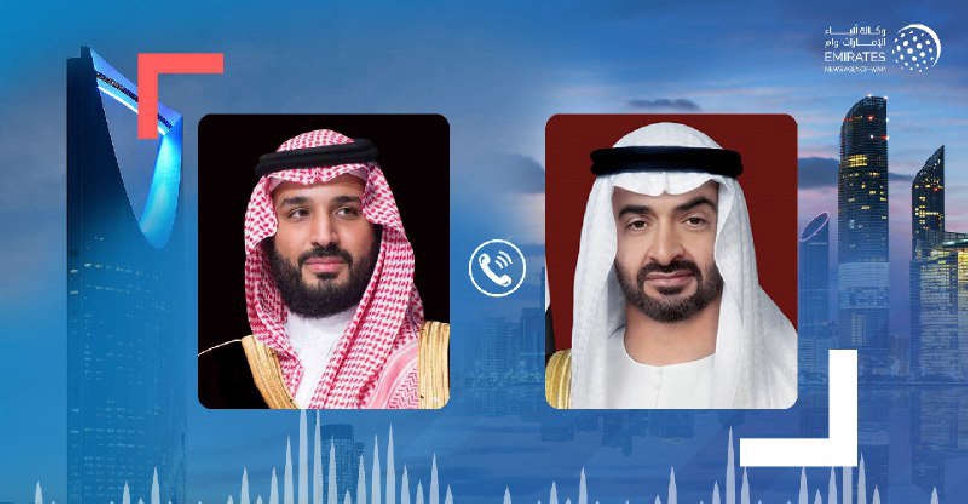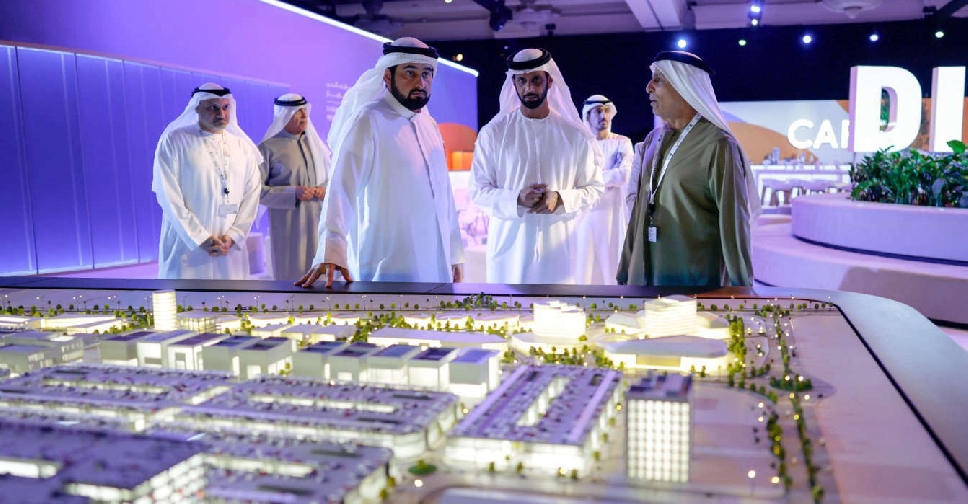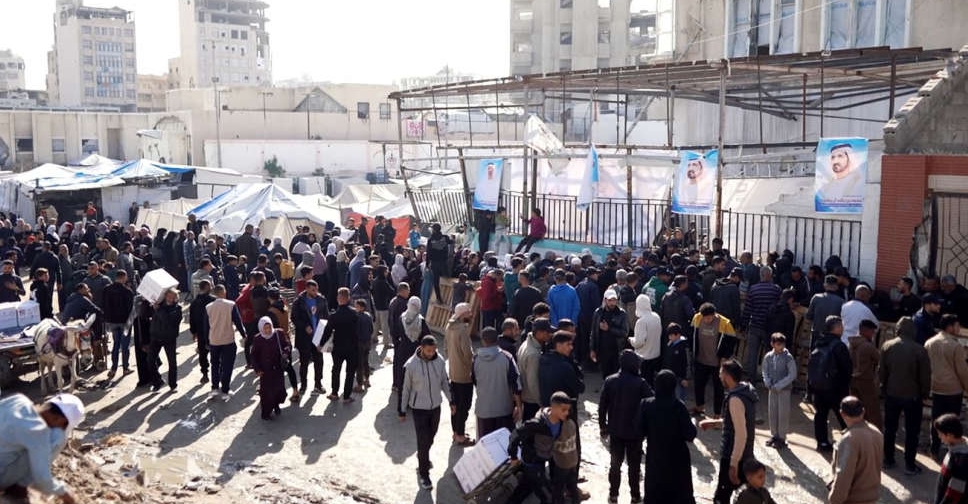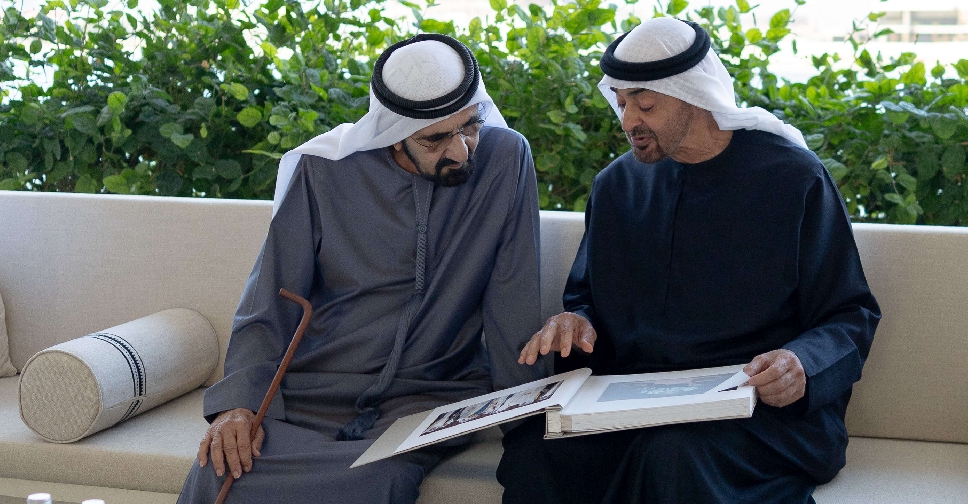
Saudi Crown Prince Mohamed bin Salman bin Abdulaziz Al Saud has congratulated President His Highness Sheikh Mohamed bin Zayed Al Nahyan on his election during a phone call.
He prayed to Allah Almighty to grant more security, prosperity, stability and prosperity to the UAE.
Sheikh Mohamed thanked the Saudi Crown Prince for his message and wished the Kingdom of Saudi Arabia and its people progress and prosperity.
Meanwhile, Bahraini King Hamad bin Isa Al Khalifa and Indian Prime Minister Narendra Modi also conveyed similar congratulatory messages to Sheikh Mohamed.
"I am confident that under his dynamic and visionary leadership, our Comprehensive Strategic Partnership will continue to deepen," Modi tweeted.
Taking to Twitter, Greek Prime Minister Kyriakos Mitsotakis extended its "warmest congratulations to Sheikh Mohamed bin Zayed" and described him as "a close friend of Greece".
In her message to Sheikh Mohamed, Queen Elizabeth II wrote, "While it is under sorrowful circumstances, I offer my sincere and warmest congratulations on your appointment as President of the United Arab Emirates and Ruler of Abu Dhabi.
"I look forward to the continuation of the strong and historic bonds between our two countries and peoples."




 H.H. Sheikh Ahmed opens Dubai International Project Management Forum
H.H. Sheikh Ahmed opens Dubai International Project Management Forum
 Over 7,300 tonnes of UAE humanitarian aid arrives in Gaza
Over 7,300 tonnes of UAE humanitarian aid arrives in Gaza
 UAE President gifts H.H. Sheikh Mohammed photo album celebrating shared journey
UAE President gifts H.H. Sheikh Mohammed photo album celebrating shared journey
 UAE condemns terrorist bombing targeting Pakistani police forces
UAE condemns terrorist bombing targeting Pakistani police forces
